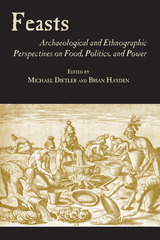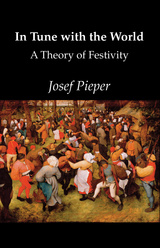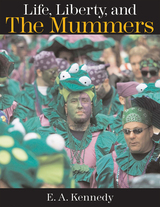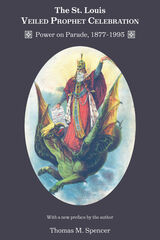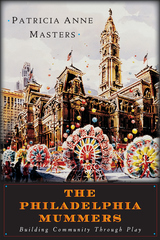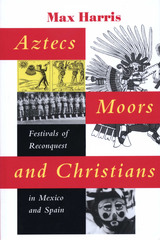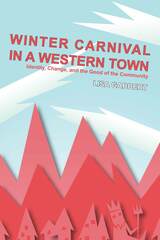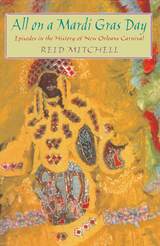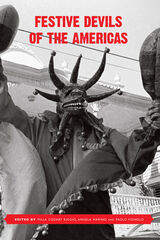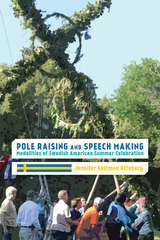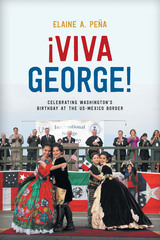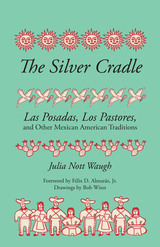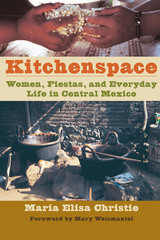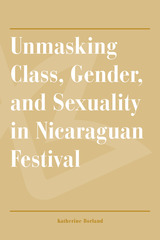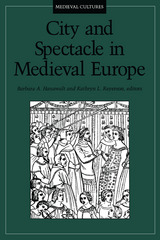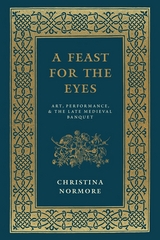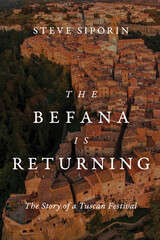Carnival Theater: Uruguay’s Popular Performers and National Culture
University of Minnesota Press, 2004
Paper: 978-0-8166-3455-2 | Cloth: 978-0-8166-3454-5
Library of Congress Classification GT4240.A2R4513 2004
Dewey Decimal Classification 394.2509895
Paper: 978-0-8166-3455-2 | Cloth: 978-0-8166-3454-5
Library of Congress Classification GT4240.A2R4513 2004
Dewey Decimal Classification 394.2509895
ABOUT THIS BOOK | TOC
ABOUT THIS BOOK
Offers a new model for interpreting popular national culture through Uruguay's carnival theater troupes.
The murgas are troupes of performers, musicians, writers, and creators who, during Montevideo's Carnival, perform on the tablados, temporary stages built in the neighborhoods of Uruguay's capital city each year. Throughout the period of Uruguay's subjection to a brutal dictatorship and in the following era of "democratization," the murgas, envisioned originally as popular theater, were transformed into a symbol of social resistance, celebrated by many and perceived by others as menacing and subversive.
Focusing on the cultural practices of the lower classes and more specifically on the processes and productions of the murgas, Gustavo Remedi's Carnival Theater is a deeply thoughtful consideration of Uruguayan society's identity crisis and subsequent redefinition in the wake of the authoritarian-bureaucratic-technocratic regimes of the 1970s. A revealing work of cultural criticism, the book proposes a new set of criteria for the interpretation and critique of national culture.
Gustavo Remedi is associate professor in the Department of Modern Languages and Literatures, Trinity College.
Amy Ferlazzo teaches at Meredith College in Raleigh, North Carolina.
The murgas are troupes of performers, musicians, writers, and creators who, during Montevideo's Carnival, perform on the tablados, temporary stages built in the neighborhoods of Uruguay's capital city each year. Throughout the period of Uruguay's subjection to a brutal dictatorship and in the following era of "democratization," the murgas, envisioned originally as popular theater, were transformed into a symbol of social resistance, celebrated by many and perceived by others as menacing and subversive.
Focusing on the cultural practices of the lower classes and more specifically on the processes and productions of the murgas, Gustavo Remedi's Carnival Theater is a deeply thoughtful consideration of Uruguayan society's identity crisis and subsequent redefinition in the wake of the authoritarian-bureaucratic-technocratic regimes of the 1970s. A revealing work of cultural criticism, the book proposes a new set of criteria for the interpretation and critique of national culture.
Gustavo Remedi is associate professor in the Department of Modern Languages and Literatures, Trinity College.
Amy Ferlazzo teaches at Meredith College in Raleigh, North Carolina.
See other books on: Carnival | Customs & Traditions | National Culture | Street theater | Uruguay
See other titles from University of Minnesota Press


